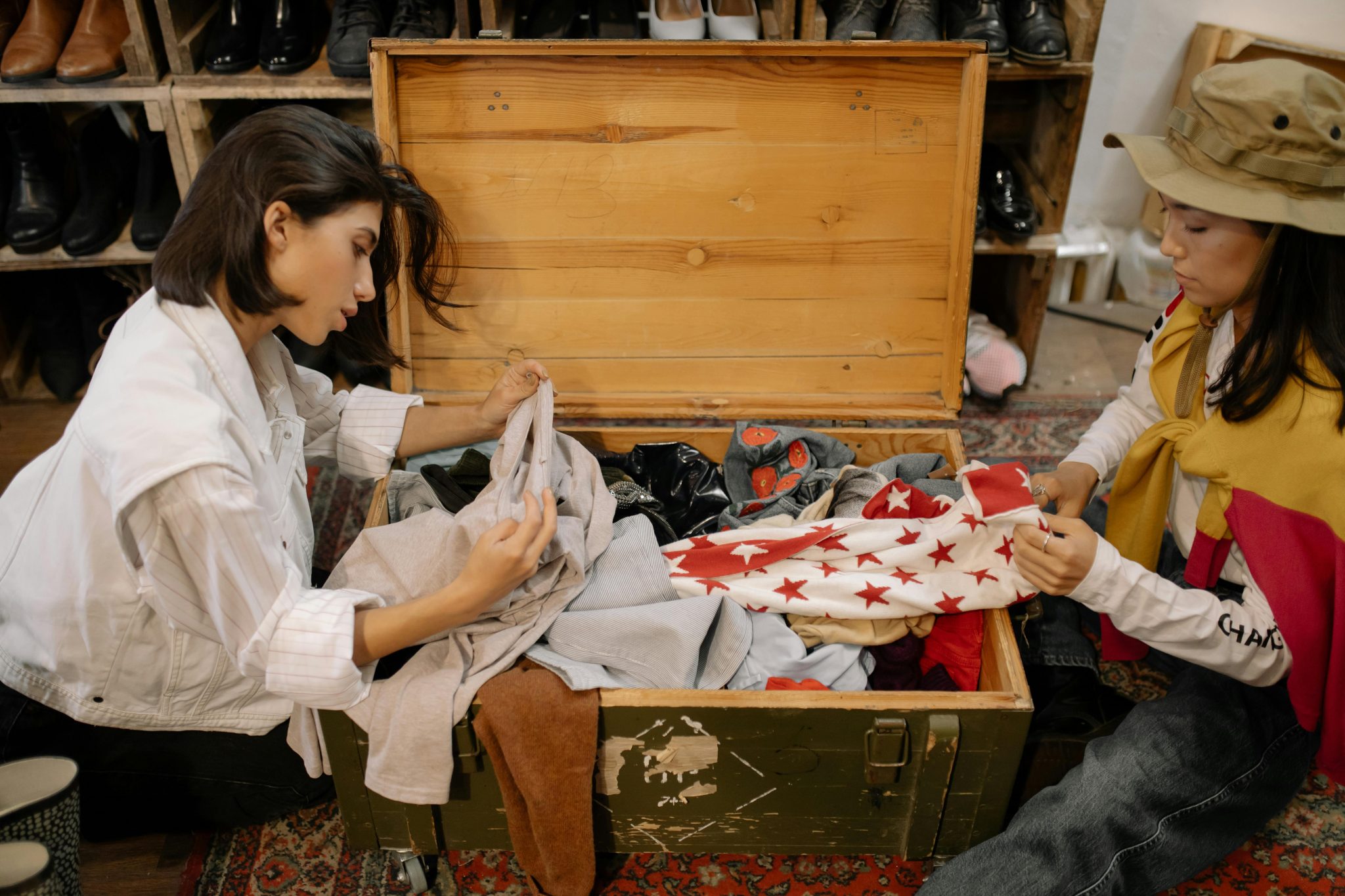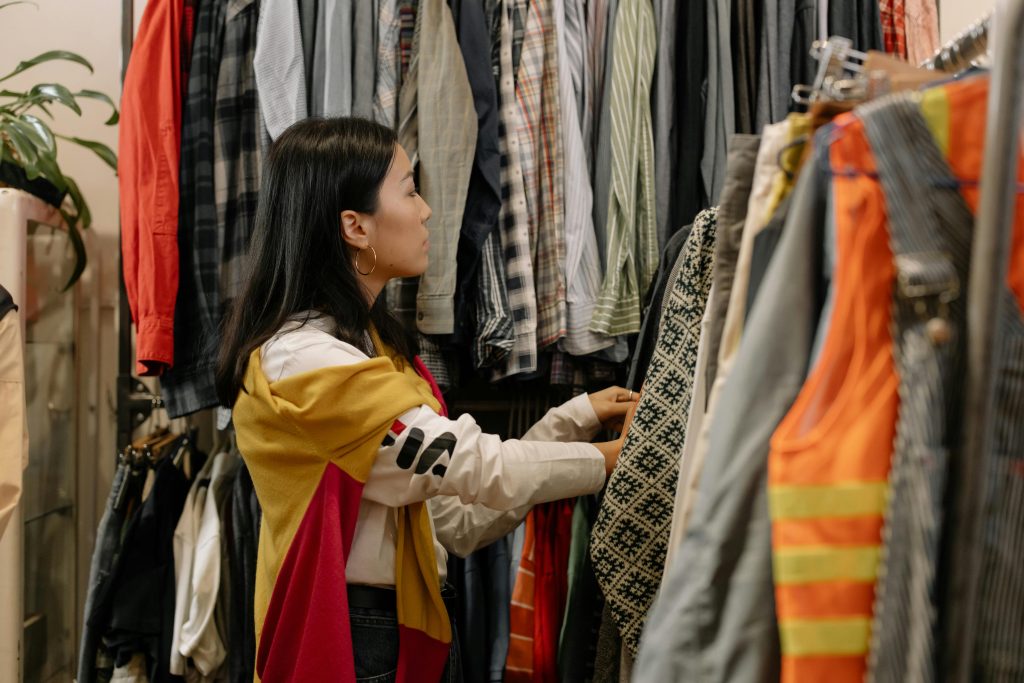Over the past decade, fashion has undergone one of the most significant transformations in its history, moving away from fast and disposable consumption toward a model that values sustainability, transparency, and long-term responsibility. This shift has not been driven solely by industry insiders but by consumers themselves, who have grown increasingly aware of the environmental cost of their clothing choices. Reports highlighting the waste and pollution caused by fast fashion have ignited a global conversation about what it means to consume responsibly, and younger generations in particular are demanding more from the brands they support. Sustainable fashion is no longer an obscure niche or a trend for a select few; it has become a defining characteristic of modern consumer culture. From recycled fabrics and ethical supply chains to rental services and secondhand marketplaces, the concept of giving clothes a second life has entered mainstream consciousness.
In the United Kingdom, the United States, and across Europe, resale platforms and community-driven fashion movements are providing alternatives that balance style with accountability. These shifts are challenging traditional fashion houses to rethink their strategies while opening doors for innovative startups that understand consumers are willing to change their habits if doing so aligns with their values. The narrative of fashion is no longer centered only on aesthetics but equally on ethics, and the brands that fail to adapt risk being left behind in a marketplace that now prizes both self-expression and sustainability.
Redefinition of Ownership

Central to this new cultural wave is the redefinition of ownership. For decades, owning new items was equated with status, but today’s consumers increasingly see value in the stories clothes carry rather than their pristine condition. Secondhand markets thrive on this concept, offering people the opportunity to purchase high-quality designer items at accessible prices while also extending the lifespan of garments that might otherwise go to waste.
Technology has amplified this movement, creating platforms where buyers and sellers can connect with ease, verify authenticity, and participate in a global community of fashion enthusiasts. What once may have been confined to vintage shops or charity stores has now become a sophisticated, digitized experience. Mobile apps allow users to browse curated collections, while secure logistics and payment systems build trust in a sector that was once plagued by uncertainty. This technological integration does more than simply streamline buying and selling; it transforms the entire consumer mindset. Shoppers who once felt they had to sacrifice luxury in the name of sustainability now realize they can achieve both by participating in resale ecosystems.
Brands themselves are beginning to take note, introducing take-back schemes and even partnering with resale platforms to maintain control over their products’ life cycles. By embracing this shift, companies align themselves with broader environmental goals while simultaneously appealing to a consumer base that demands innovation alongside integrity.
Economic Implications

The economic implications of sustainable fashion are profound, reshaping how individuals think about spending in ways that go far beyond clothing. Consumers who once embraced fast fashion for its affordability are realizing that mindful purchasing does not necessarily mean higher costs but instead smarter investments. Many are discovering that buying fewer but higher-quality items saves money in the long run, while resale and rental models make luxury accessible without financial strain.
This financial awareness has introduced new layers of opportunity for platforms operating in this space. Discount models, promotions, and creative pricing strategies have become essential in encouraging more consumers to join the sustainable fashion movement. For example, the availability of a Vestiaire Collective discount code highlights how affordability can be integrated into the luxury resale market, making it easier for shoppers to engage with sustainable practices without feeling excluded.
Such opportunities also reinforce the perception that sustainable fashion is not elitist but inclusive, designed to welcome a wide audience regardless of income level. The intersection of cost, quality, and ethics provides a blueprint for the future of consumer culture, one where people feel empowered to make choices that reflect both their personal style and their social responsibility. Just as subscription services revolutionized entertainment and technology, flexible pricing and discount mechanisms are proving to be crucial tools in ensuring sustainable fashion is embraced by mainstream audiences rather than remaining a niche preference.
Future
Looking ahead, the movement toward conscious consumerism shows no sign of slowing down. As climate change continues to dominate global discourse, fashion will remain a critical area where individuals can make impactful choices every day. Younger consumers, especially Gen Z and Millennials, are leading this charge, using social media platforms to amplify their voices and influence purchasing patterns on a massive scale. The cultural currency of sustainability is growing, and with it, the expectation that brands must prove their commitment through actions rather than empty promises.
Technology will likely play an even bigger role in this evolution, with blockchain verification, virtual try-on experiences, and AI-powered recommendations set to make sustainable fashion more transparent, engaging, and efficient. Meanwhile, businesses that support this ecosystem—from resale platforms to logistics providers—will find themselves at the heart of a rapidly expanding global market. What unites these developments is the shared understanding that sustainability is not just a buzzword but a fundamental business model for the future.
For consumers, it means more access, more choice, and more control over how their values shape their wardrobes. For companies, it means recognizing that trust, transparency, and inclusivity are no longer optional but essential. Platforms like Valuecom exemplify how digital ecosystems can connect commerce and ethics, ensuring that the drive for sustainability is supported by tools that make responsible shopping both practical and rewarding. As fashion continues its journey into the future, its role as a mirror of society’s priorities becomes clearer, and the story it tells is one of resilience, reinvention, and responsibility.




















